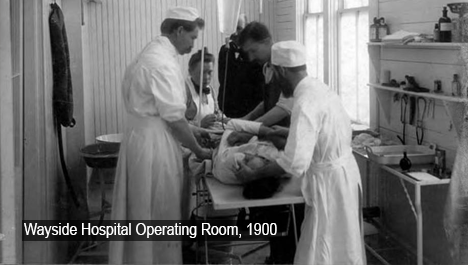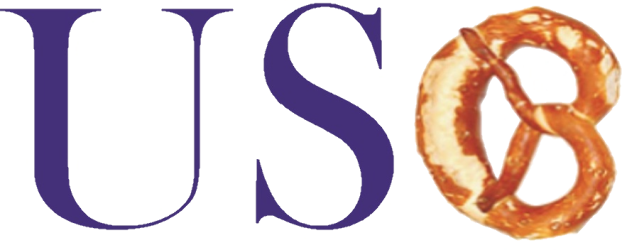That said, potential analysis should seek to try these, in addition to other features mentioned in Table 1 on various platforms to tease aside community norms from phenomenological characteristics

Another acquiring was actually the trolling interaction properties that are available in books commonly always as specific in reality since they are provided in books. , 2014; Cheng et al., 2017). But as soon as we sang a basic sentiment review on our very own corpus, we discovered  that there was no factor between trolls and their teammates with respect to negativity indicators expressed. Our structural subject modelling also showed that trolls would not appear to utilize more profanity or unpleasant code than teammates did in conversation. Which means that teammates seemed to be in the same way offensive and angered within their interaction selections as trolls, strengthening the need to look at the entire trolling relationship when studying the experience, in place of simply trolls’ chats. Some of the actor-specific characteristics that we discover happened to be connected with chronemics: repetition and large institution. Neither of the attributes are pointed out greatly in trolling books, but these people were the principal specific marks of a troll in today’s corpus. Significant service along with other such chronemic characteristics may, in reality, end up being an easy method ahead when it comes down to industry, as we could possibly more effectively classify depending on how trolls talk, in the place of the things they state.
that there was no factor between trolls and their teammates with respect to negativity indicators expressed. Our structural subject modelling also showed that trolls would not appear to utilize more profanity or unpleasant code than teammates did in conversation. Which means that teammates seemed to be in the same way offensive and angered within their interaction selections as trolls, strengthening the need to look at the entire trolling relationship when studying the experience, in place of simply trolls’ chats. Some of the actor-specific characteristics that we discover happened to be connected with chronemics: repetition and large institution. Neither of the attributes are pointed out greatly in trolling books, but these people were the principal specific marks of a troll in today’s corpus. Significant service along with other such chronemic characteristics may, in reality, end up being an easy method ahead when it comes down to industry, as we could possibly more effectively classify depending on how trolls talk, in the place of the things they state.
This diminished actor-defining functions resulted in another, close summary about trolls and their teammates: they’re not fundamentally very easy to differentiate between, depending only to their chat messages. We all know from your analyses, such as of channels, your troll’s teammates happened to be the most likely victims and bystanders. We also understand that they shared negativity and offensive language usage. Additionally, nonetheless it would appear that trolls in addition applied the techniques regarding victims and bystanders, as even characteristics common of an answer to trolling (refutation, conflict buffer, stating) happened to be shared across all actors (read Figure 3). Needless to say, this similarity of talk was made specially obvious in light to the fact that opponent chats were therefore considerably different regarding attributes, revealing best features typical to any or all stars with trolls, and just two qualities with teammates (discover Figure 2). Altogether, this not only reinforces the ability trolls have across the discussion, but reveals that researchers need to be careful when assigning the troll updates to one online, since their victims’ and bystanders’ cam information (teammates) appear to strongly resemble unique. As a result, professionals include best once they use area testimony with regards to trolling, specially considering the simple fact that trolling varies in its precise content based on in which it takes destination, and because of the trouble in differentiating trolls from their subjects (discover Sanfilippo, Yang, & Fichman, 2017).
The same maybe said of additional features, such as for example large service or offending language: do they only can be found right here because it is a group of Legendsaspecific corpus?
With each other, these results in regards to the similarity of trolls’ in addition to their teammates’ chats also reflect professionals’ have to think about the program carefully when they are design potential trolling studiesmunities in many cases are constructed around programs, and communities build shared norms through their unique relationships thereon system ( de Larios & Lang, 2014; Warmelink & Siitonen, 2013). Both trolling scientists and hostility theorists are obvious about the effect of society on trolling and hostility: the community is the way to obtain the norms that either encourage or repel trolling attitude ( Sanfilippo et al., 2017; Tedeschi et al., 1974). As present research put data from League of tales, neighborhood norms were sure to display themselves inside conversations within our corpus. Indeed, we now have currently seen one norm: the hefty utilization of game-specific jargon and abbreviations. It could manage these particular have reached minimum partly generalizable, as our directory of features was actually taken from all trolling books, for example most of the properties we discover here were furthermore within other contexts, on other platforms (see dining table 1).

